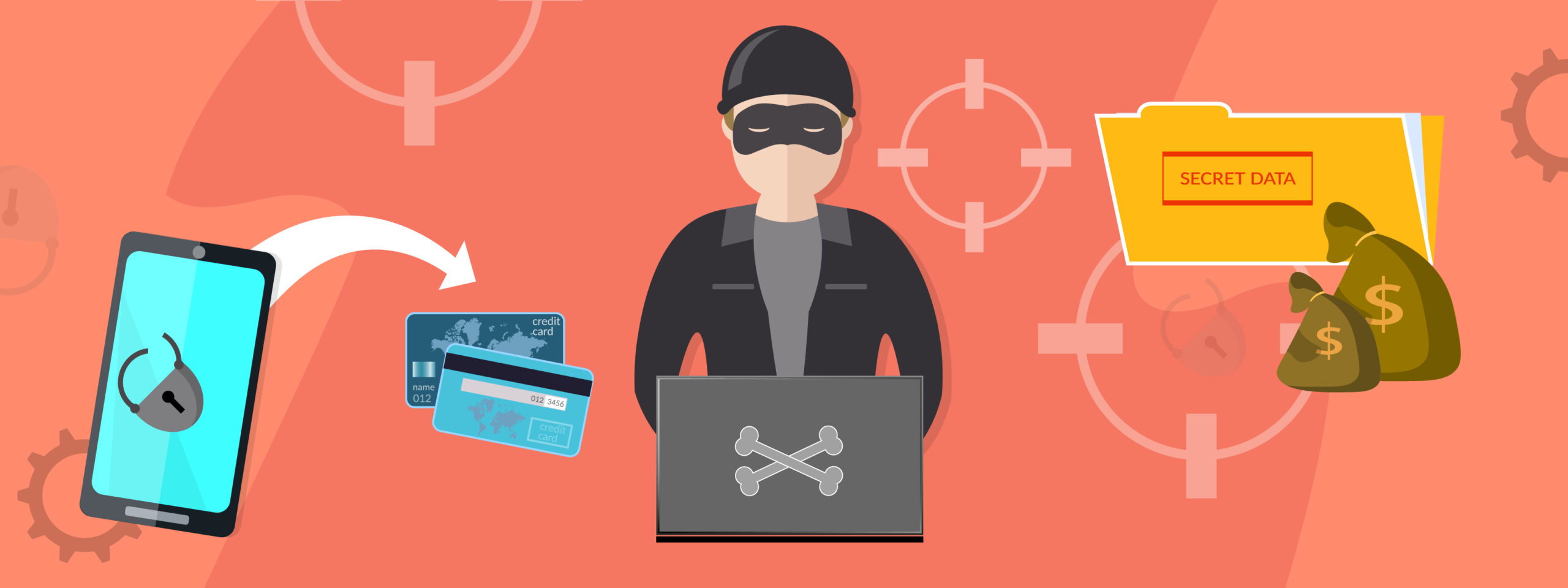
In today’s digital age, where convenience often comes hand in hand with technology, safeguarding your financial information is more crucial than ever. Credit card security is a topic that should be on everyone’s radar, considering the rising instances of fraud and identity theft. Here are some essential tips to help you fortify your defenses and protect your hard-earned money.
1. Monitor Your Statements Regularly
The first line of defense against credit card fraud is vigilance. Regularly review your credit card statements, either online or through monthly paper statements. Ensure that all transactions are legitimate, and if you spot any discrepancies, report them to your credit card issuer immediately. Early detection can prevent further damage.
2. Secure Your Personal Information
Be cautious about sharing personal information. Avoid providing sensitive details like your Social Security number, credit card details, or passwords over the phone or through email unless you’re certain of the recipient’s legitimacy. Scammers often pose as reputable entities to trick individuals into disclosing sensitive information.
3. Use Strong Passwords
When it comes to online accounts, including your credit card accounts, using strong, unique passwords is essential. Combine letters, numbers, and symbols to create a robust password, and avoid easily guessable combinations like birthdays or common words. Update your passwords regularly to add an extra layer of security.
4. Enable Two-Factor Authentication (2FA)
Many financial institutions and online platforms now offer two-factor authentication. By enabling 2FA, you add an additional verification step, usually involving a code sent to your mobile device. This makes it significantly harder for unauthorized users to access your accounts, even if they have your login credentials.
5. Be Wary of Phishing Attempts
Phishing is a common method used by cybercriminals to trick individuals into revealing sensitive information. Be cautious of unsolicited emails, messages, or phone calls asking for personal or financial information. Legitimate entities won’t request such details through insecure channels.
6. Keep Your Devices Secure
Ensure that your devices, such as computers, smartphones, and tablets, have up-to-date security software. Regularly update your operating system and applications to patch vulnerabilities that could be exploited by hackers. Additionally, consider using secure Wi-Fi networks, especially when making online transactions.
7. Report Lost or Stolen Cards Immediately
If your credit card is lost or stolen, report it to your credit card issuer without delay. Most issuers offer 24/7 customer service for such emergencies. Timely reporting can limit your liability for unauthorized transactions.
Conclusion:
Protecting yourself from credit card fraud and identity theft requires a proactive approach. By staying vigilant, securing your personal information, and implementing these practical tips, you can reduce the risk of falling victim to cyber threats. Remember, the key to credit card security is a combination of awareness, caution, and swift action. Stay safe, stay secure!
